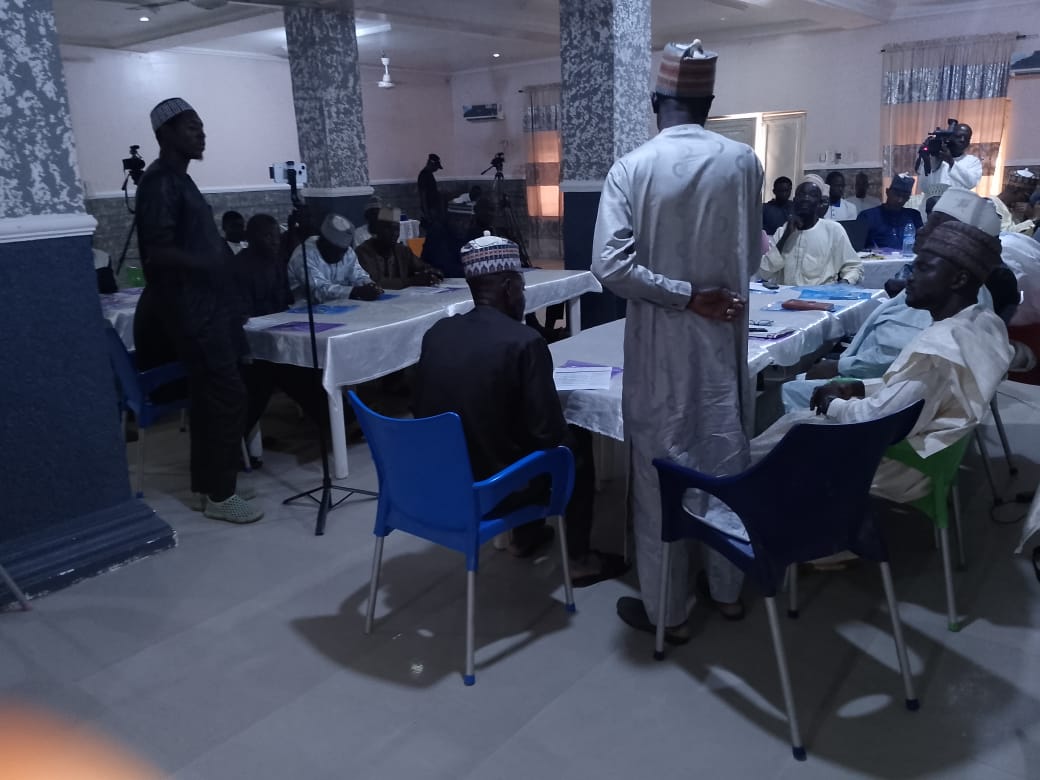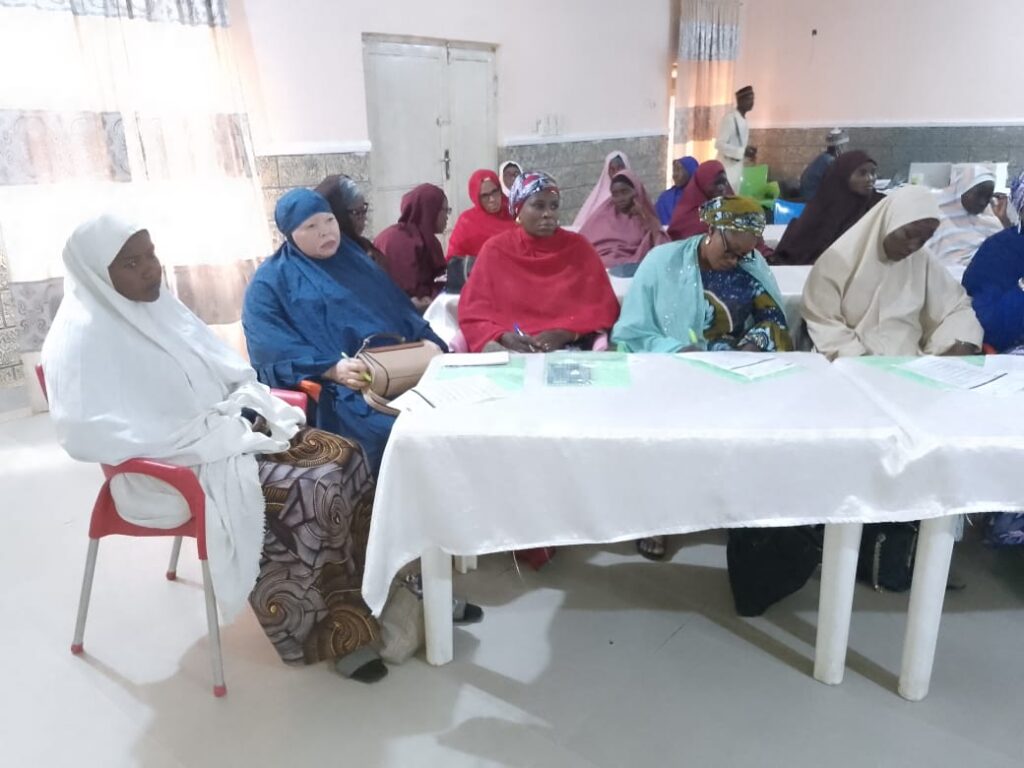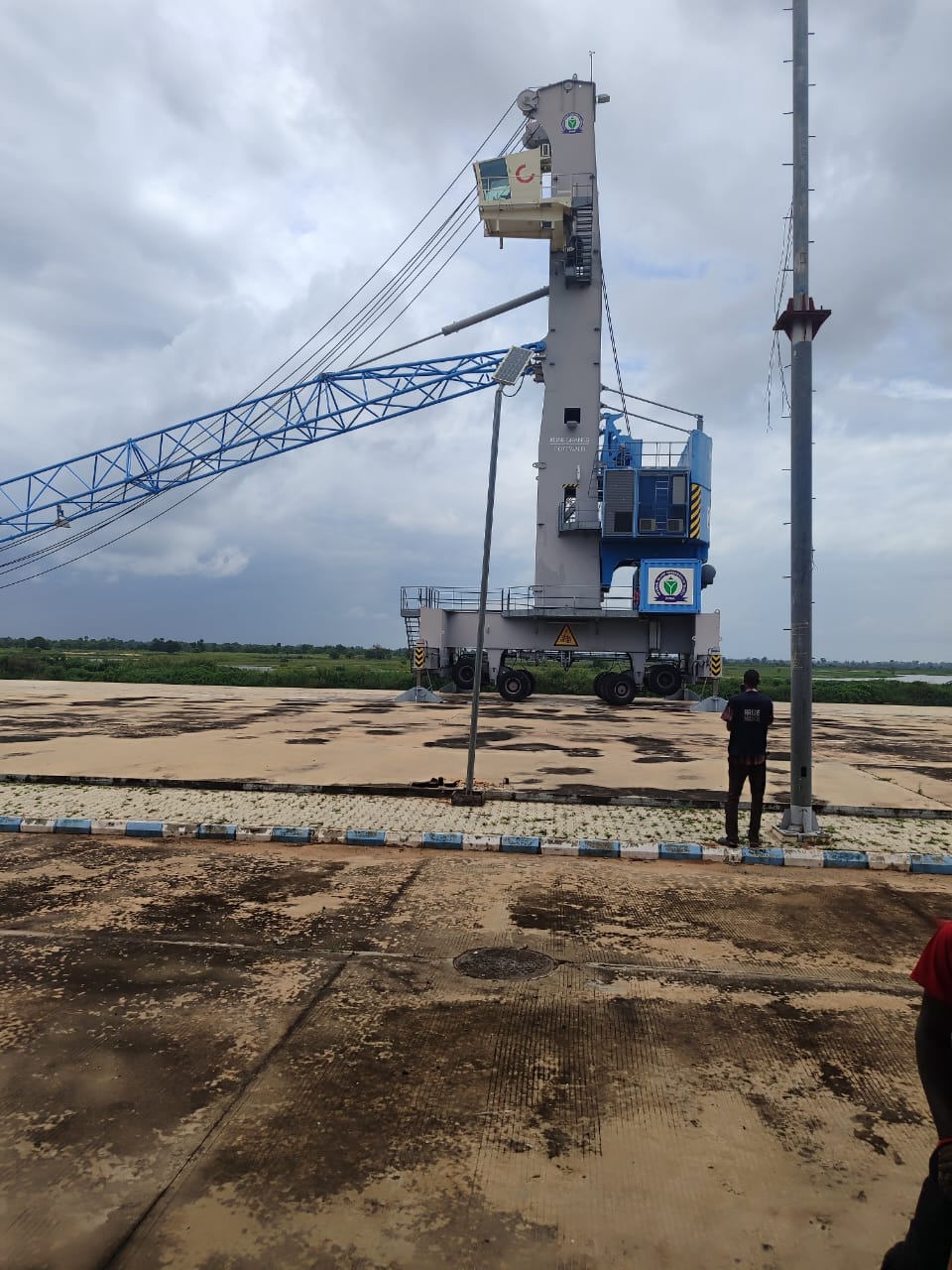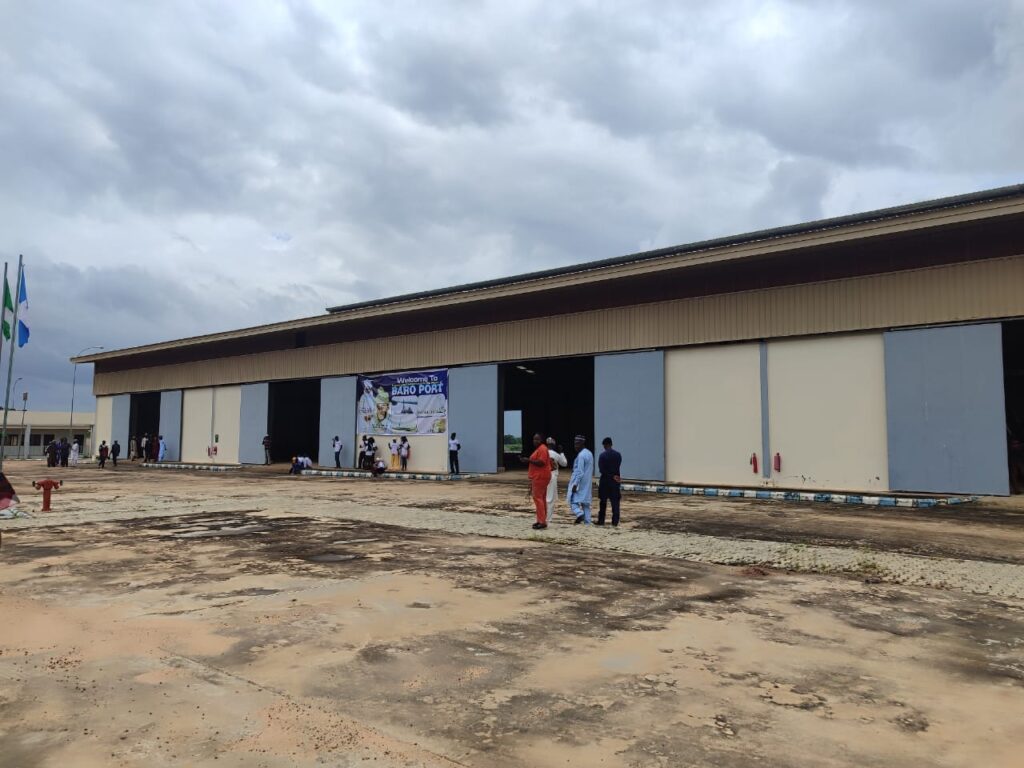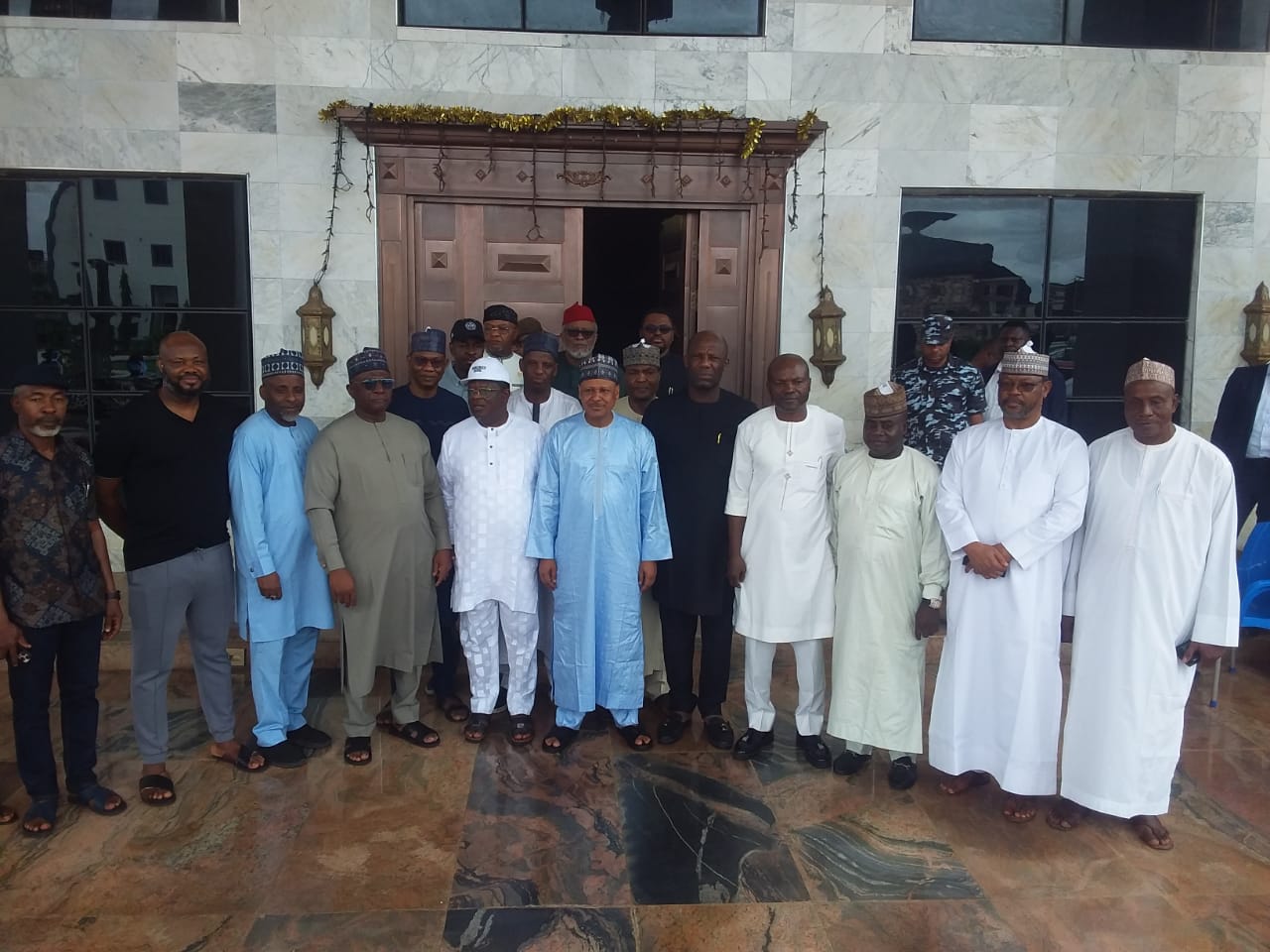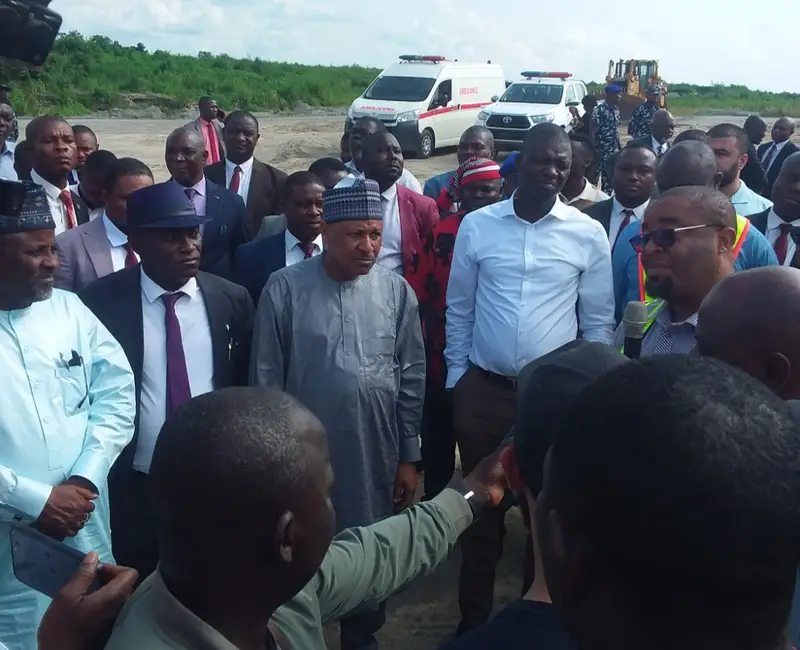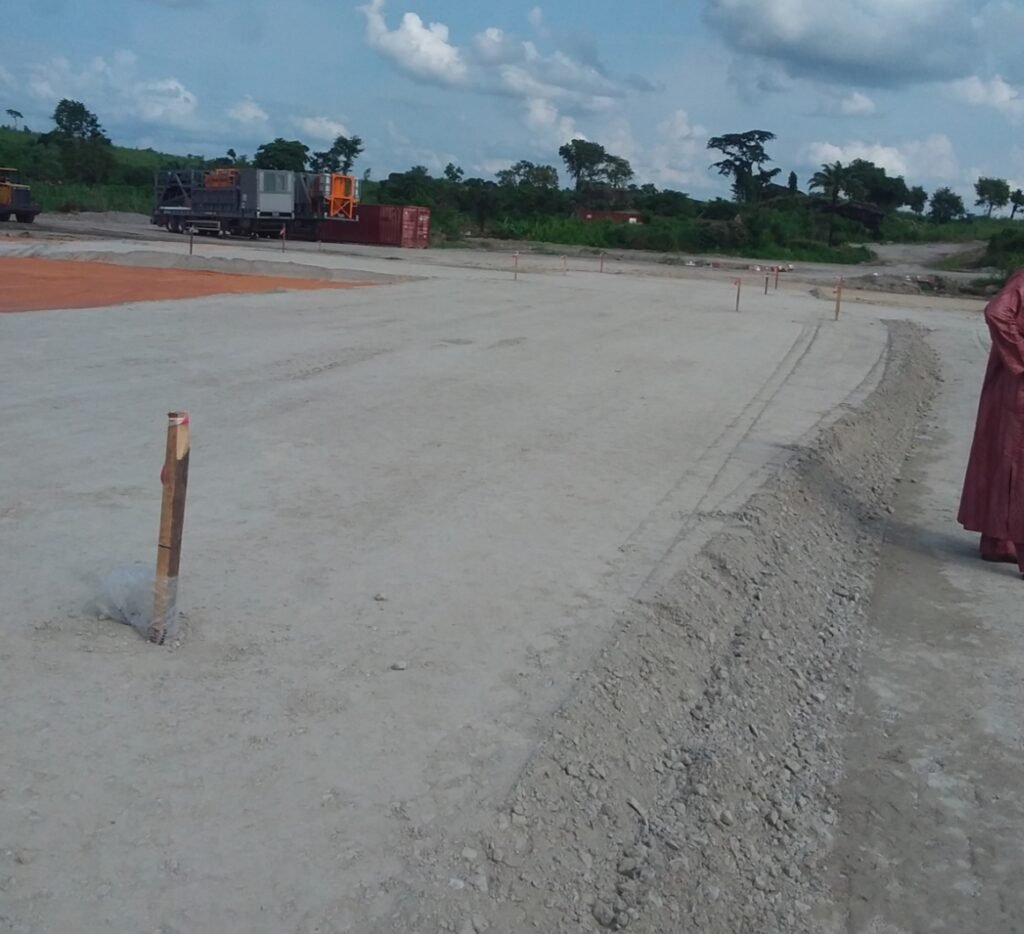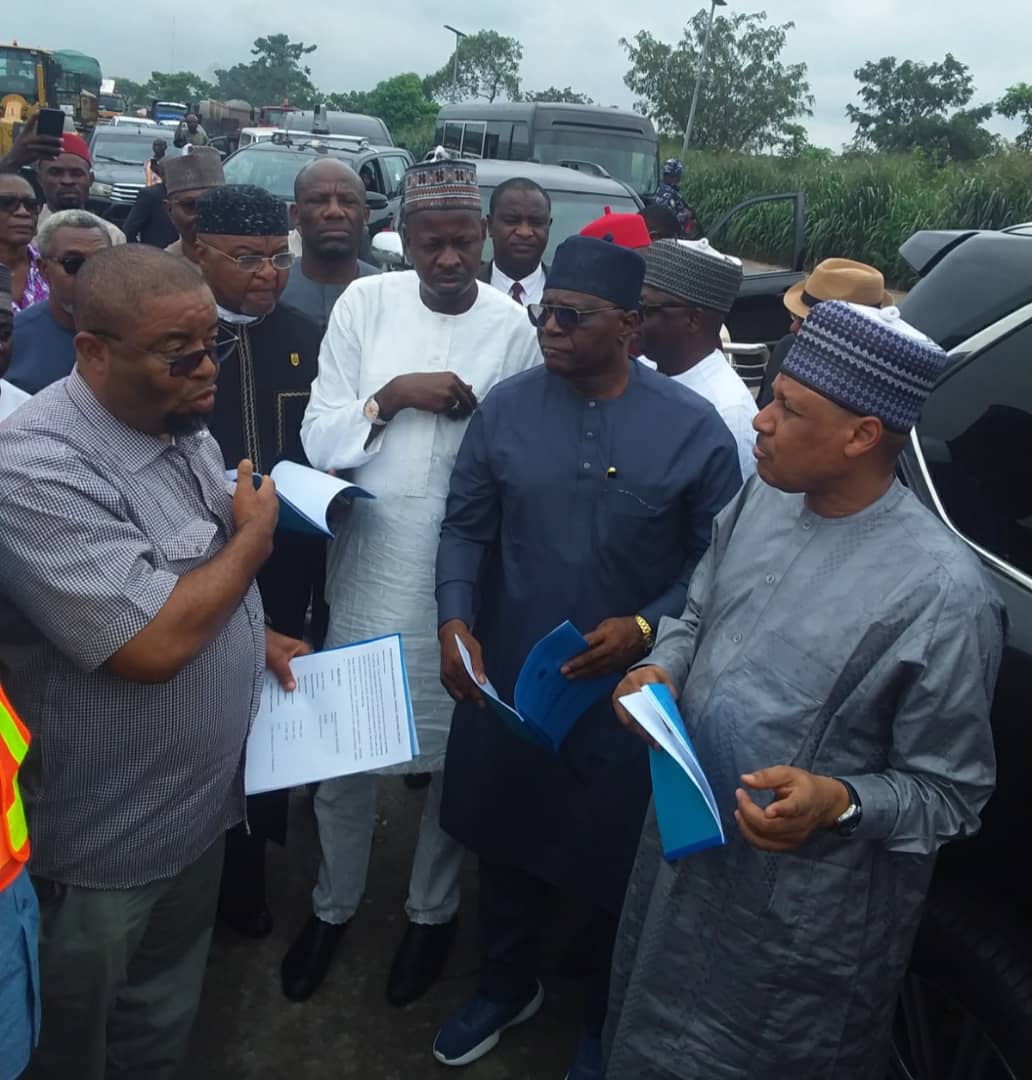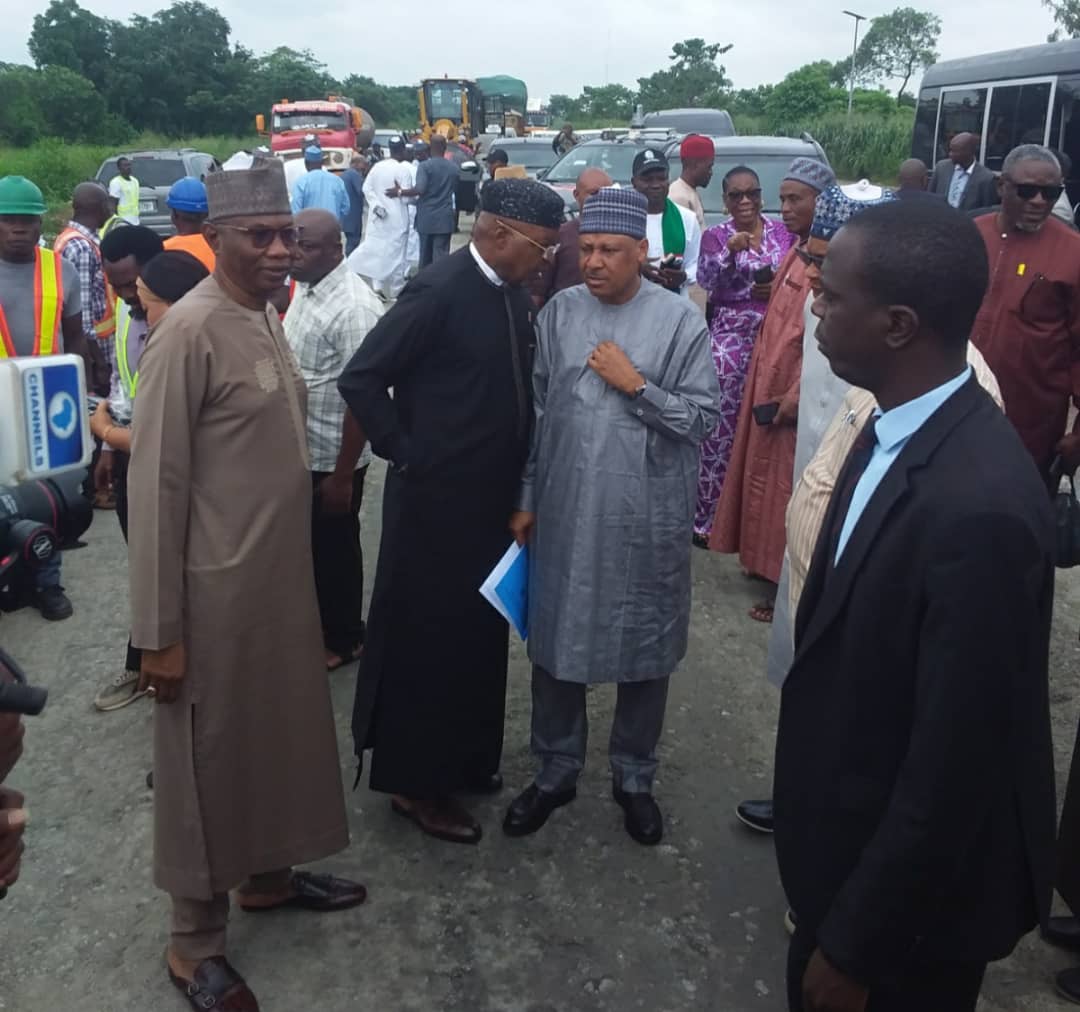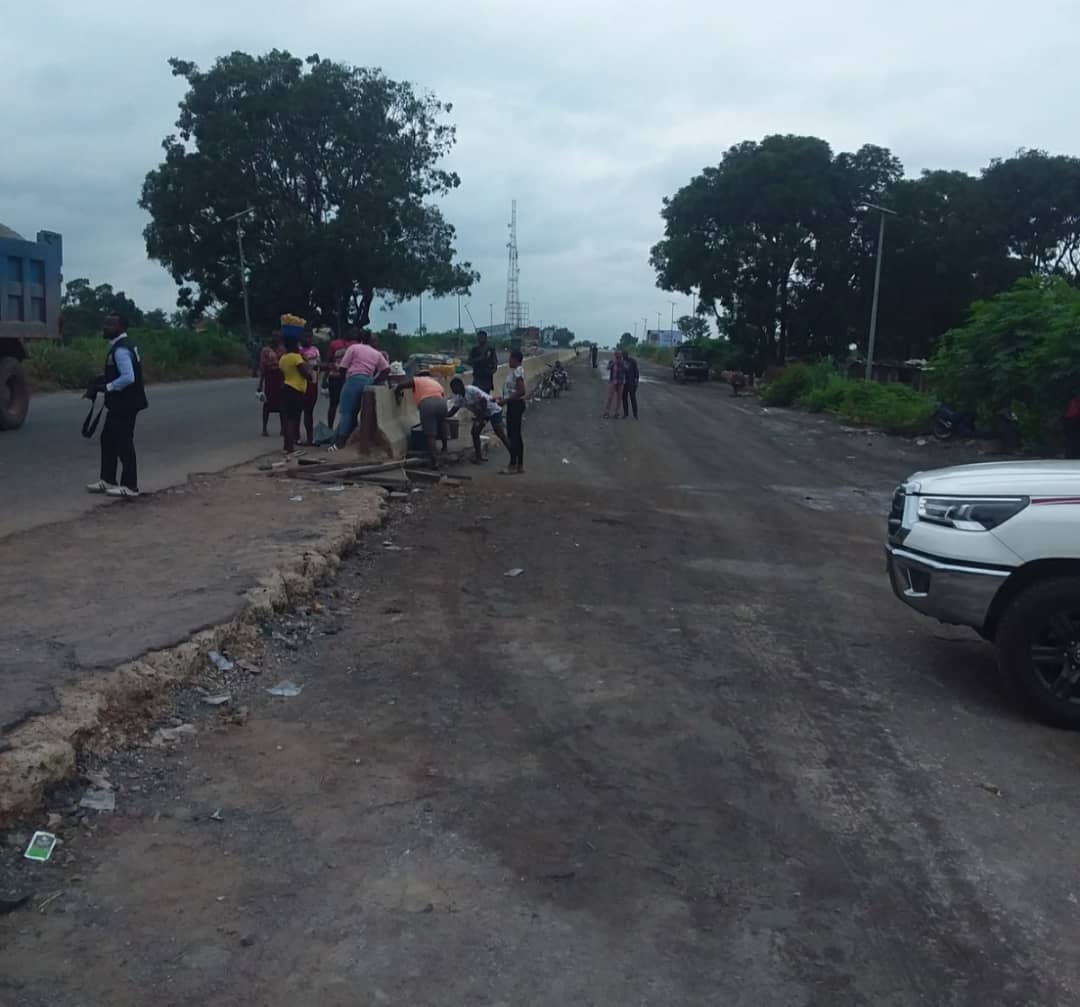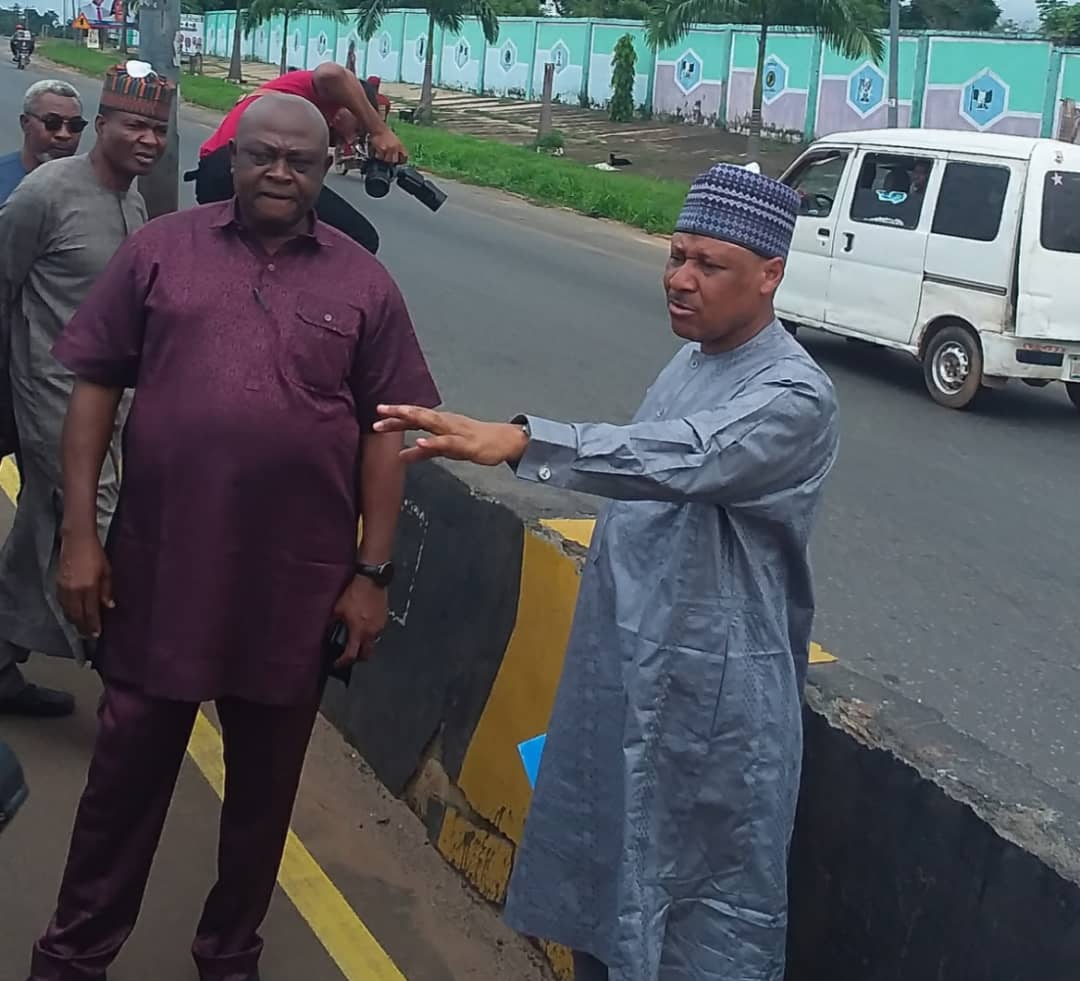Niger Coalitions endorse state govt’s 13% derivation legal battle
By EbereAgozie
The Coalition of Niger state support groups has thrown its weight behind the state government’s legal action against the Attorney-General of the Federation over exclusion of the state from the 13 per cent derivation.
Mr Muhammadu Dagaci, the President General of Community Association for Grassroots Transformation (CAGRAT) disclosed this in a statement on Monday.
It would be recalled that the Niger State government had dragged the Attorney-General of the Federation and Minister of Justice to the Supreme Court over the state’s omission in the 13 per cent derivation.
Mohammed Ndarani, SAN, lead counsel to Niger state, had in an originating summons sought the interpretation and application of section 232 (1) & (2) of the Nigerian constitution.
The subject matter of the suit is the failure of the federal government to include Niger state among the beneficiary states of the 13 per cent derivation.
It is also about the omission of remitting same proceeds of fiscal revenue generated and accrued through Hydroelectric Power dams in Niger State, to the overall electricity generation to the national grid in Nigeria from 1968 till date.
Dagaci said that the coalition wholeheartedly supports the state’s lawsuit that seeks to address a long-standing injustice, and ensure that Niger receives its rightful share of revenue.
He said that their justification for the support stems from the fact that Niger has significantly contributed to national development through hydroelectric power generation, with no compensation from the federal government.
“The state’s exclusion from the derivation fund appears to contravene Section 162(2) of the 1999 Constitution (as amended), which mandates that revenue be allocated based on derivation principles.
“Inclusion in the derivation fund would provide Niger State with much-needed resources to address infrastructure deficits, improve living standards, and promote economic growth.’’
He said that members of the coalition include CAGRAT, BIDA Forum, Agaie Emirate Consultative Forum, AZA development Association, Nupe development Forum, Edati People’s Foundation, Kutigi Youth Association and Coalition of Niger North Youth Forum.
“Others are Borgu Youth Development Association, Kontagora Emirate Youth Development Association, Niger East Emirates Youth Council, Minna Emirate Youth Associations and Coalition of Shiroro Youth Associations.
“The coalition also includes Doko Development Association, Kusogi Majin Dodo Development Association and Vunchi Development Association.’’
He said that they support the push for the apex court to interpret the constitution to determine whether Niger qualifies as a resource producing state under Section 162(2).
“The apex court should grant all the reliefs sort by the Niger state counsel and declare that the state is entitled to the 13 per cent derivation fund, as provided by the Allocation of Revenue Act, 2004.
“We stand in solidarity with the state government in this legal battle and we believe that justice and fairness demand that Niger State’s contributions be recognized and rewarded.
“We look forward to a favourable judgment that will benefit the people of this state, and promote equitable resource allocation in Nigeria,’’ he added.
The News Agency of Nigeria (NAN) recalls that the attorney-general was brought before the apex court because he represents and advises the president on all legal matters, but has failed over the years in its duties.
This, according to the suit should have been to ensure equitable distribution of resources in conformity with the current realities, particularly in relation to the enormous fiscal revenue generated by the state.
It equally noted that Niger, host to the dams, which were established in 1968 and have laid the golden eggs, has been a victim of incessant and continuous flooding in recent years.
It has resulted in wanton loss of human lives and livestock as well as destruction of properties, leading unavoidably to displacement of many residents from their homes.
The suit claimed that in continuous exploitation and utter impoverishment of the people of Niger, the federal government continuously and continually whisked off profits from the state.
It argued that the federal government should not be only concerned about benefiting from the dams located in the territory of the state without a care for its people.
It averred that the federal government continues to enjoy the profits from the dams, leaving the state in penury and misery.
It said that in spite of the misfortunes of the state, the federal government has ignored the adverse environmental impacts of the activities of the power generating companies. (NAN)
Edited by Ismail Abdulaziz




